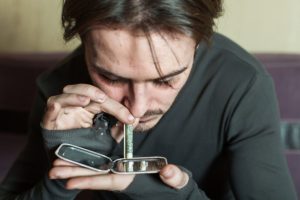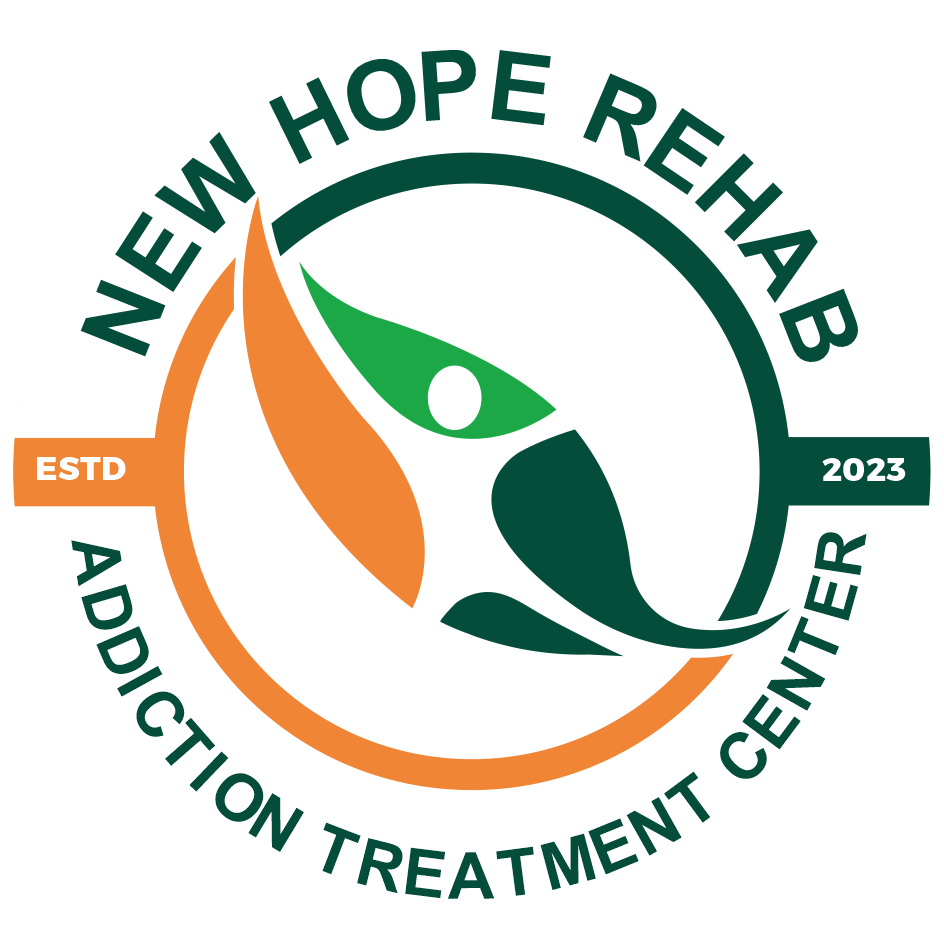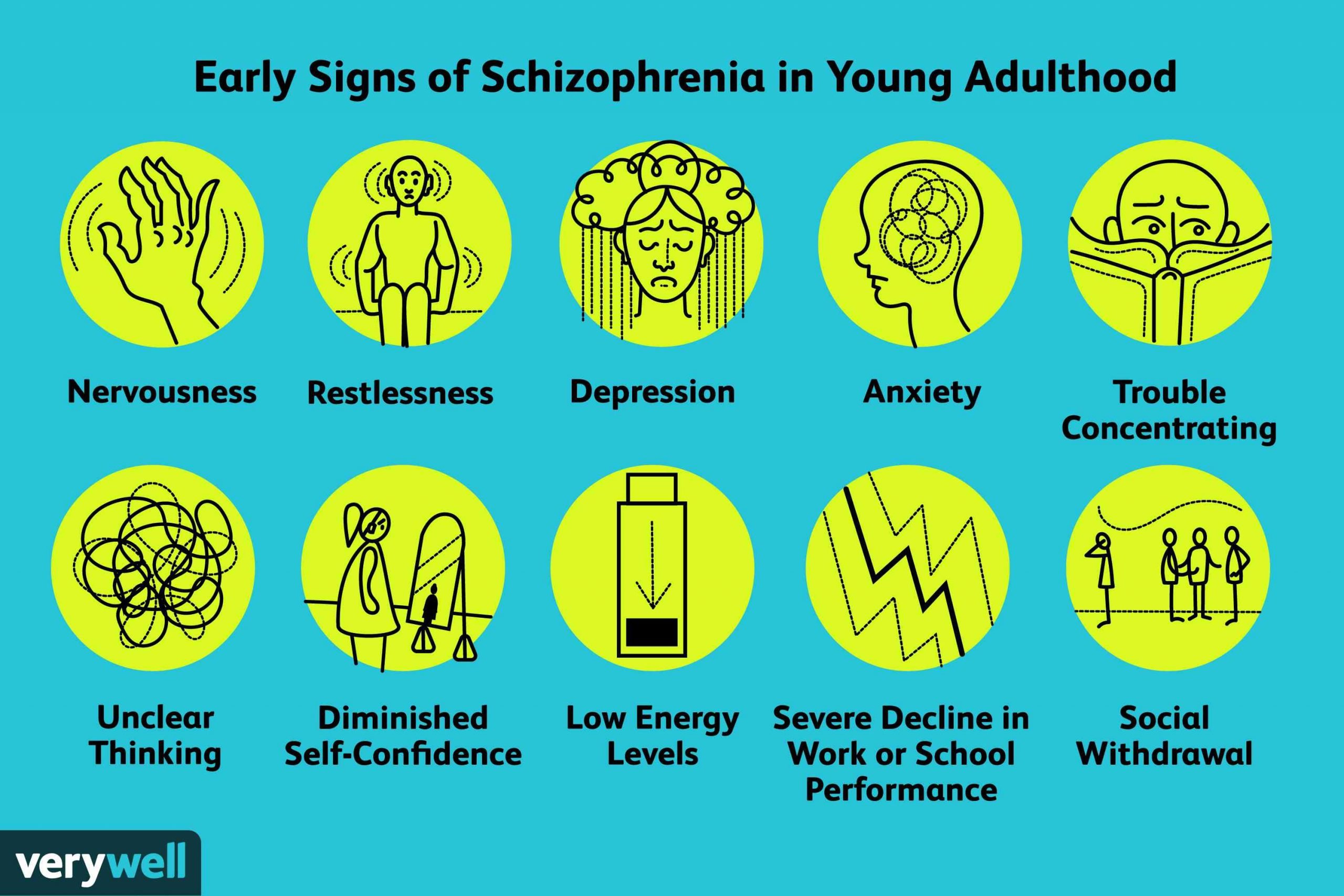COCAINE ADDICTION IN OVERSEAS PAKISTANI FAMILIES AND TREATMENT EXPERIENCE AT NEW HOPE REHAB CENTER ISLAMABAD
What Is Cocaine Addiction?
People who are struggling with cocaine addiction will begin to use cocaine in a way that is compulsive (feeling an irresistible urge to use), even if they experience harmful consequences.3 While addiction is a chronic brain condition, it is treatable and recovery is possible.
Cocaine addiction and misuse can be caused by cocaine’s reinforcing high, which is primarily a result of how it works on the dopamine neurotransmitter system in the brain.1,4 Addiction to cocaine can be triggered in many people after only one use, since cocaine affects the brain’s reward pathway immediately.
Why Is Cocaine So Addictive?
Dopamine is associated with ‘euphoric’ emotions, the regulation of movement, and the processing of reward cues. While individuals using cocaine may feel these highs for a time, once the drug begins to leave the system, they may experience unpleasant reactions, including anxiety, confusion, irritability, and agitation.
These negative effects may lead people to regularly use cocaine in order to avoid uncomfortable withdrawal symptoms, which can drive the development of tolerance. Tolerance occurs when more frequent and/or escalated use is needed to achieve the same level of positive effects (or high) and temporarily decrease the negative effects of cocaine withdrawal.
Signs and Symptoms of Cocaine Use:
Typical signs and symptoms of current cocaine use include:
-
Increased agitation.
-
Effusive enthusiasm.
-
Increased movement (i.e. hyperactivity).
-
Signs of involuntary movements (i.e. muscle twitches).
Changes in concentration and focus.
Adverse Effects of Cocaine Use:
There are several potentially dangerous side effects of cocaine use. One serious risk of cocaine abuse is heart damage.5,6 Both acutely and over time, cocaine use can result in several cardiovascular issues, such as ischemic heart disease, aberrant heart rhythms, hypertension, and cardiomyopathy. Intravenous cocaine use can result in infection and inflammation of the heart valves and the lining of the heart chambers (endocarditis).
Inflammation of the heart muscle (myocarditis).
Aortic rupture.
Severe declines in health and life quality due to chronic reductions in cardiac function.
Cocaine addiction is also associated with kidney damage. The prolonged use of cocaine is thought to be related to the inflammation of important microstructures within this organ.
Cocaine Withdrawal Symptoms:
Symptoms of cocaine withdrawal can occur when an individual decreases or discontinues using cocaine. As the body becomes used to having cocaine in the system, physical dependence develops, causing the brain to desire cocaine in order to function.
As a person’s brain adapts to the dopamine surges related to their cocaine use, they aren’t as sensitive to them. This may lead the person to use more of the drug or use it more frequently in order to prevent uncomfortable cocaine withdrawal symptoms, which may include:
-
Fatigue
-
Increased appetite.
-
Unpleasant dreams.
-
Delayed thinking.
Addiction To Cocaine:
Cocaine is a highly addictive drug, but it may be hard to recognize an addiction to it. Craving Cocaine and ignoring the consequences that come with it are signs of an addiction.
The psychological addiction is often the hardest part to overcome, although there are undeniable physical symptoms of addiction as well. Someone who uses Cocaine frequently will develop a dependence on it, meaning they need to have it in order to feel normal. Once dependence has developed, a tolerance will develop and withdrawal symptoms will occur when stopping use.
Once someone becomes addicted to Cocaine, it can be very hard to stop. This is because Cocaine abnormally increases the level of dopamine in the brain, eventually reprogramming the brain reward system.
Cocaine And Other Drugs:
Many people who experiment with Cocaine usually do so in environments where other substances are being used. For this reason, many people with a Cocaine addiction may also have a dependence on other substances, such as alcohol or Marijuana. This is known as poly-drug use and is especially dangerous, as it increases the risk of fatal overdose.
Cocaine and alcohol are frequently used together, to the point where alcohol can be a trigger for recovering Cocaine users. For this reason, it is important to abstain from all drugs during recovery. Using Heroin and Cocaine together (known as a “speedball”) is arguably the most dangerous of all drug combinations that include Cocaine.

Cocaine Addiction Treatment Programs:
There are many addiction treatment options available to help people struggling with cocaine addiction. Treatment can take place in an inpatient or residential center that provides room and board and around-the-clock supervision and support. Outpatient treatment offers a similar range of therapeutic interventions to that of its counterpart but does not require onsite residence.
Behavioural Therapies:
Behavioural therapies are psychosocial treatments that address the reasons, motivations, and possible underlying psychological issues associated with a person’s substance misuse. Behavioural therapy techniques are particularly effective in helping patients affected by cocaine abuse and dependence.
An example of a behavioural treatment associated with effectively promoting abstinence from cocaine use is contingency management (CM). This treatment is based on incentives (e.g. prizes or cash) for abstinence, or other positive parameters, such as improved social interactions.
Another form of behavioural treatment—cognitive behavioural therapy (CBT)—may be used. This type of treatment addresses the reasons behind substance abuse and helps to alter maladaptive ways of thinking and acting that may be contributing to the cocaine use issue.
Cocaine Detox:
Drug treatment begins with detox. This process eliminates the toxins cocaine leaves behind in the body. However, it also involves withdrawal, which causes dangerous side effects. Examples of these include insomnia, mood swings, and suicidal thoughts.
Therefore, enrolling in a medical detox program is the safest way to stop using cocaine. Doctors and nurses monitor vitals and provide medicines to ease pain and discomfort. Unlike alcohol and opiates, however, there are no medications that reduce cocaine cravings. The process takes five to 10 weeks, depending on cocaine use and overall health.
Cocaine Rehab:
Cocaine users must also continue their treatment with rehab. This provides therapy to address the behavioural, emotional, and mental side effects of cocaine addiction. Rehab has the highest success rate for treating drug addiction. A program can last 30 to 90 days or longer. The length of stay depends on the severity of the addiction.
Experience of cocaine in new hope rehab centre Islamabad:
Rehabilitation is a unique journey. You arrive with individual needs, goals and expectations and progress at your own speed, learning new skills and strategies to overcome personal challenges. Team is there to guide you and provide care and treatment to help you rebuild your life.
New Hope Rehab Centre in Islamabad is an exclusive, alcohol and drug rehabilitation facility which offers special care and attention to their clients. New Hope Rehab is located in Islamabad, and it works on the principals of dual diagnosis treatment. Here we believe in treating addiction with a holistic approach by incorporating Psychological, Medical and Wellbeing Treatments. We focus on different aspects of Spirit, Mind and Body which makes the road to recovery easy and decrease the chances of relapse.
NEW HOPE REHAB CENTER ISLAMABAD is playing its best role to create awareness about the risks and dangers addiction. New hope is providing best treatment for the drug addiction and all mental illness.
A psychiatrist and physician plan a medication and a skilful psychologist provide psychotherapy.
ABOUT THE AUTHOR:
LAIBA SHAHAB
CLINICAL PSYCHOLOGIST NEW HOPE REHAB AND CARING CENTER ISLAMABAD
Author has experience of treating mental disorder and addiction counselling in NEW HOPE REHAB AND CARING CENTER ISLAMABAD
She can be reached at:
ADDRESS:
HOUSE 275, STREET 2, BLOCK A, NEAR SAVE MART MAIN PWD ROAD NATIONAL POLICE FOUNDATION ISLAMABA
CONTACT: 03127493940, 03068703891, 03350172051




